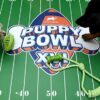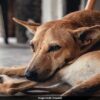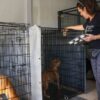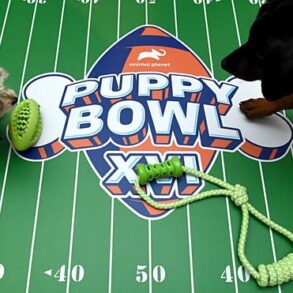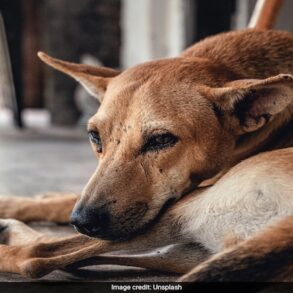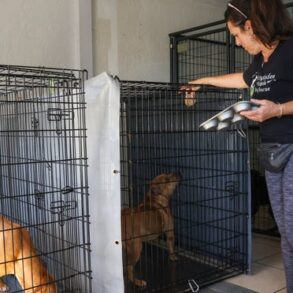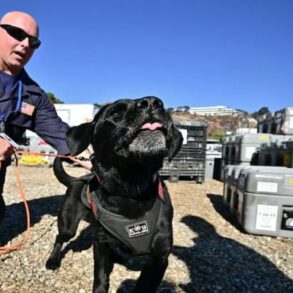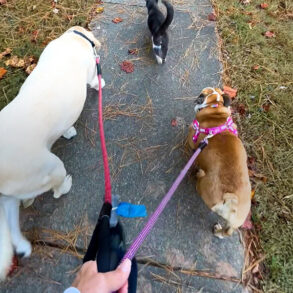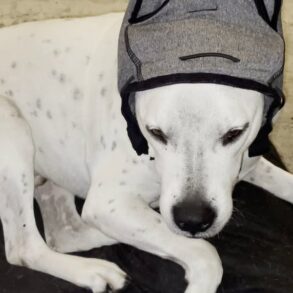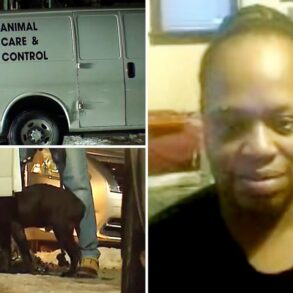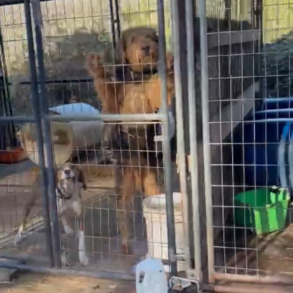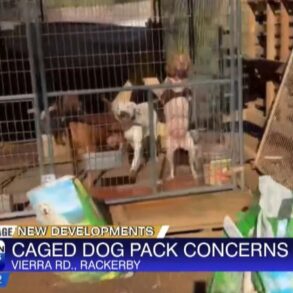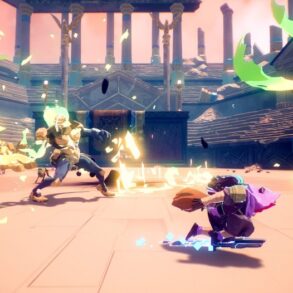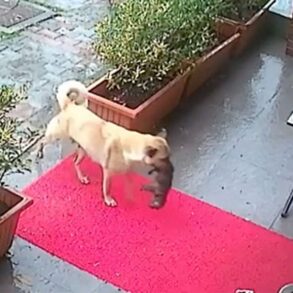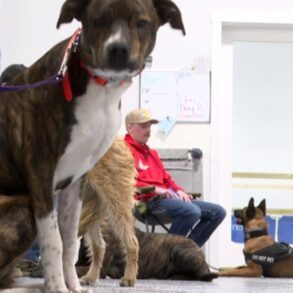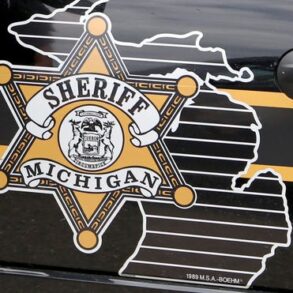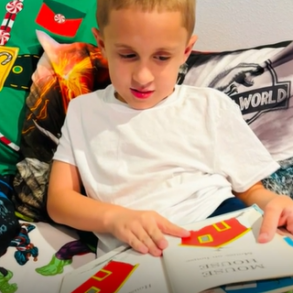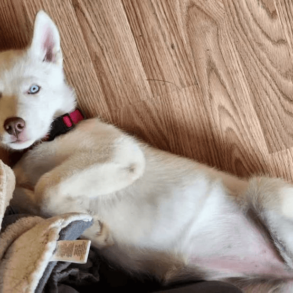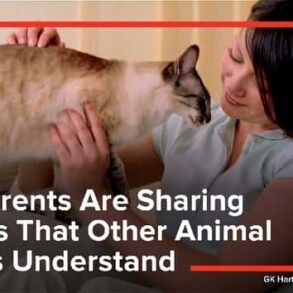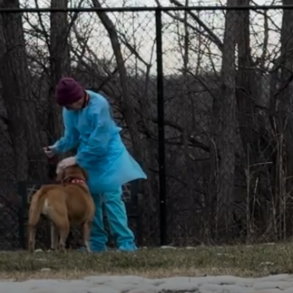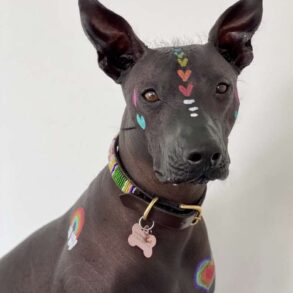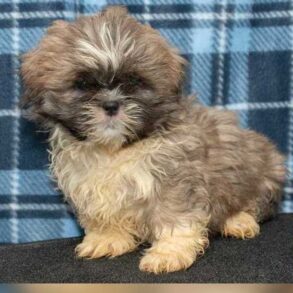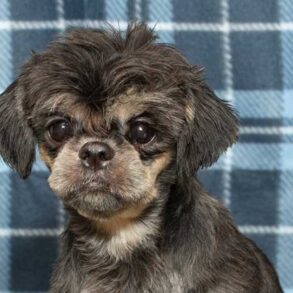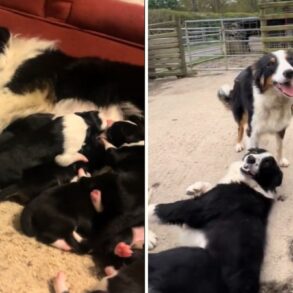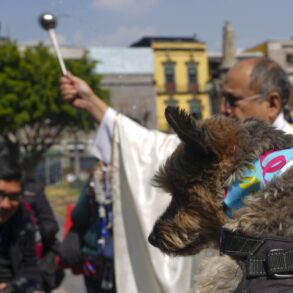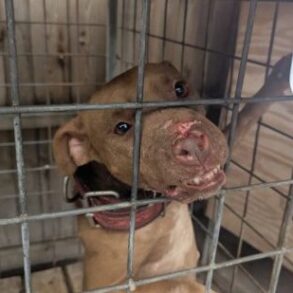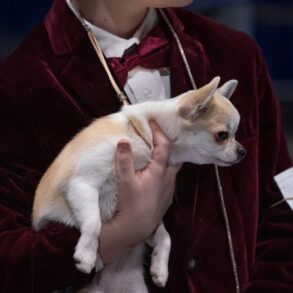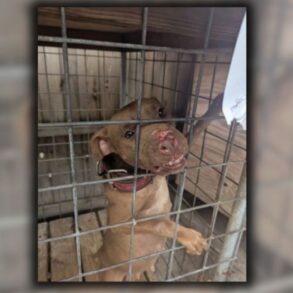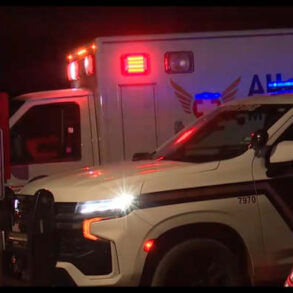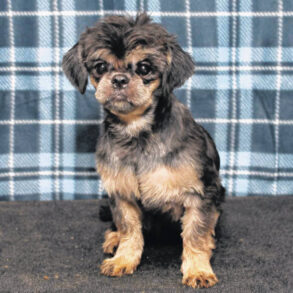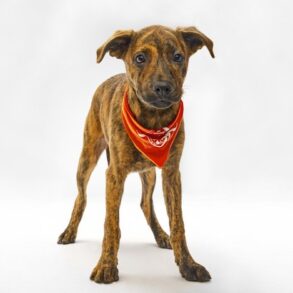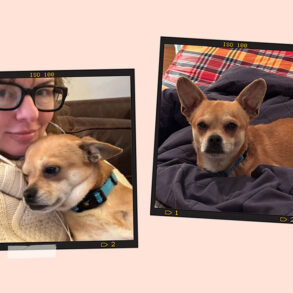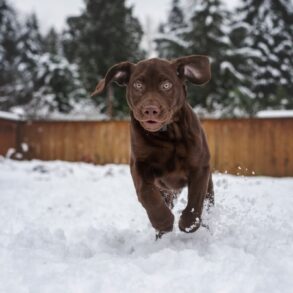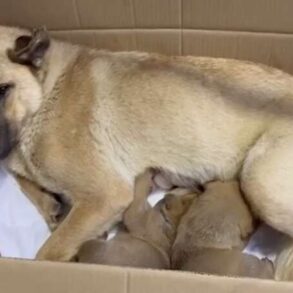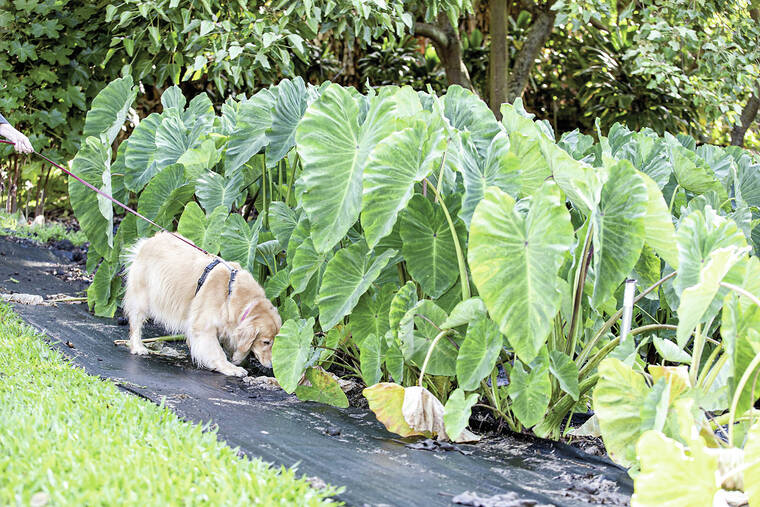
Teri Rolph is definitely a dog person. She has always had a dog or two and today has three of her own and is helping train others. She also is interested in helping to preserve Hawaii’s ecosystem. Linking dogs and the environment may seem far-fetched until you talk to Teri.
In her career as a speech pathologist, Teri was using scientifically based behavior modification techniques daily in her sessions. She realized that these same techniques could easily be used in training dogs. That realization started her on the path to becoming a Certified Professional Dog Trainer.
For years, Teri had been training her own dogs in a number of canine sports. One of these was Canine Nosework. During Covid she started the long process of becoming a Certified Nosework Instructor through the National Association of Canine Scent Work and started teaching classes on the topic here on the Big Island.
She soon remarked to her husband, “I want the dogs to do something that’s good for the environment”
This began an exploration of ways dogs might be trained to deal with some of the agricultural issues that farmers and nurseries deal with here on the Big Island.
Since dogs have 300 million olfactory receptors compared with our 6 million, she thought their sense of smell could definitely be useful. Dogs have been trained in the past to sniff out drugs and contraband, so they could likely be trained to help with some of our agricultural problems.
Of course, lots of our environmental issues here are related to invasive pests like the little fire ant, the coconut rhinoceros beetle and coqui frogs. She thought by training dogs to locate these pests it would help with effective control or eradication practices. The dogs would also be useful to check a site after attempts at eradication.
Today, Teri is on the board of Conservation Dogs of Hawaii, an Oahu based organization that is aware of the environmental issues we face here. They are dedicated to working to restore and protect the wildlife and ecosystems in Hawaii. In the race against time, their team of dogs trained by certified handlers are ready to help using the extraordinary olfactory ability of dogs.
Through Conservation Dogs of Hawaii, Teri started training her dogs and a small group of her Nosework students and dogs to smell and identify little fire ants. They were able to locate the ants easily and more quickly than humans.
“Once trained, these dogs were reliable and fast”, Teri exclaimed. They could locate specific problems easily and more quickly than people.
As a trainer for Conservation Dogs of Hawaii, Teri has found a new career. This one is mostly voluntary, however. She is now seeking others who might want to train their dogs in nose work and potential conservation projects.
Among her dogs, Teri finds some are easier to train than others. Although she initially had cocker spaniels as pets, she now prefers larger dogs and chooses Labradors and golden retrievers. She also finds these breeds to be smart and easy to train.
Amy Greenwell Garden in Captain Cook has served as an excellent training ground for Teri’s Conservation Dog candidates. She starts by placing dead fire ants in areas of the garden and rewards the dogs once they find the ants. Once they have that down, she advances to training them with live ants in containers. Finally, she will take them to a site that may have little fire ants and see what they find.
Though the presence of little fire ants can be detected by setting out peanut butter lures, their exact location on the property can be easily found with the help of trained dogs. This can certainly help nurseries or farms locate and destroy the ants before they spread or prior to them infesting plants or crops that might be moved to market or other locations
When we met, Teri expressed her strong interest in expanding the usefulness of dogs in agriculture. She envisions training them to locate more invasive plants as well as other invasive pests. She’s hoping to train a cadre of dogs to deal with agricultural issues here on the Big Island.
To learn more about Teri’s work, you can go to her website at www.pawsitivepalsplus, call her at 808-747-1824 or catch her presentation and demonstration at the Amy Greenwell Grow Hawaiian Festival on Saturday, Feb. 22.
Gardening events
Now: Pre-order leaf resistant coffee trees from UH CTAHR office in Kainaliu. Catimor hybrid seedlings and grafted trees are available. Conventionally grown, not organic. Trees grafted on liberica rootstock (coffee root-knot nematode-tolerant) are $15/ ungrafted seedlings $10. Available on a first come, first serve basis. Email andreak@hawaii.edu to express interest. A waiver and release form must be signed prior to purchase.
Save the dates:
Thursdays through March 2025: Coffee related research and management update webinars, starting at noon. Registration is required at www.hawaiicoffeeed.com/coffeewebinars or contact Matt at 808-322-0164 two days prior. Live Q&A follows each session.
Tuesday, Feb. 25: Coffee Symposium and Trade Show at the Outrigger Kona’s Kaleiopapa Conference Center with the Trade Show immediately adjacent. Sponsorships and registration available at the Kona Coffee Farmers’ Association website.
Farmer
direct markets
(Check websites for the latest hours and online markets)
Wednesday and Friday: Ho‘oulu Farmers Market, 9 a.m. to 2 p.m. at Sheraton Kona Resort at Keauhou Bay.
Saturday: Keauhou Farmers Market, 8 a.m. to noon at Keauhou Shopping Center; Kamuela Farmer’s Market, 7:30 a.m. to noon at Pukalani Stables; Waimea Town Market, 7:30 a.m. to noon at the Parker School in central Waimea; Waimea Homestead Farmers Market, from 7:30 a.m. to noon at the Waimea middle and elementary school playground.
Sunday: Pure Kona Green Market, 9 a.m. – 2 p.m. at Amy Greenwell Garden in Captain Cook; Hamakua Harvest, 9 a.m. to 2 p.m. at Hwy 19 and Mamane Street in Honokaa.
Plant advice lines
Anytime: konamg@hawaii.edu
Tuesdays and Thursdays: 9 a.m. to noon at UH-CES in Kainaliu: 322-4893 or walk in.
Mon., Tues. and Fri: 9 a.m. to noon at UH CES at Konohana in Hilo, 981-5199 or himga@hawaii.edu.
Diana Duff is a plant adviser, educator and consultant living part time in Kailua-Kona.
This post was originally published on this site be sure to check out more of their content.

